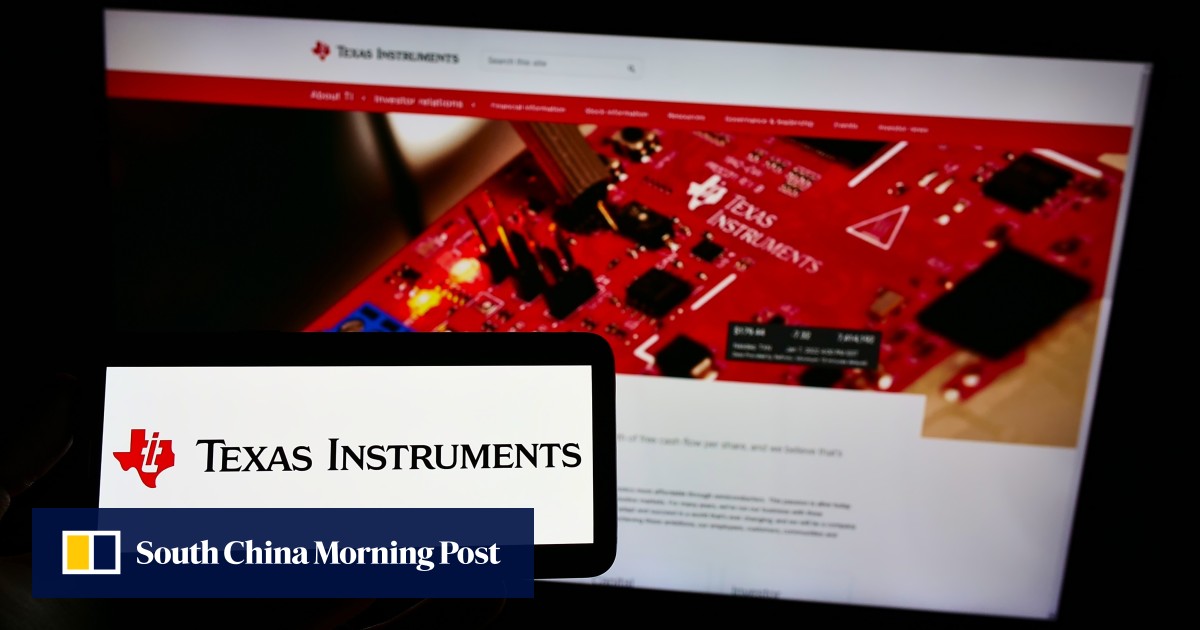Prime Minister Justin Trudeau on Tuesday dismissed U.S. president-elect Donald Trump’s willingness to use “economic force” to absorb Canada into the United States by reiterating what his Canadian government has said for some time: merging countries is not in the realm of possibility.
“There isn’t a snowball’s chance in hell that Canada would become part of the United States,” Trudeau wrote on X.
“Workers and communities in both our countries benefit from being each other’s biggest trading and security partner.”
At a news conference earlier Tuesday, a bombastic Trump said he would consider using “economic force” to join Canada and the United States together.
“That would really be something,” he said in Palm Beach, Fla.
“You get rid of the artificially drawn line and you take a look at what that looks like and it would also be much better national security. Don’t forget: We basically protect Canada.”
President-elect Donald Trump again outlined his issues with Canada on Tuesday, citing concerns about Canada’s military and asserting that the U.S. is subsidizing the Canadian economy. He ruled out using military force on Canada, saying he would rely on ‘economic force’ when he returns to the Oval Office.
When pressed on the issue, Trump later acknowledged he has no “right” to absorb the country into his own. Criticizing American spending on Canadian goods, he said the United States is still not obligated to support its closest neighbour economically.
In his answer, Trump pointed to several key imports he felt Americans didn’t need: including the automotive, lumber and dairy sectors. The United States imported $614.3 billion Cdn worth of goods from Canada in 2022, according to the Office of the United States Trade Representative, and is Canada’s best customer when it comes to oil and petroleum.
In only his second news conference since his election victory in November, Trump reiterated his intent to impose “substantial” tariffs on Canada and Mexico when he returns to the White House in less than two weeks.
Trump previously threatened to impose a 25 per cent tariff on all imports from the two neighbouring nations unless they do more to address border security.
He did not campaign on a plan to annex Canada, but has spoken repeatedly in favour about Canada becoming “the 51st state.”

Foreign Affairs Minister Mélanie Joly said the incoming U.S. president’s comments showed “a complete lack of understanding of what makes Canada a strong country.”
“Our economy is strong. Our people are strong. We will never back down in the face of threats,” she wrote on X.
Gordon Giffin, a former U.S. ambassador to Canada, said Trump’s blustering about absorbing his northern neighbour is only a negotiating strategy to add urgency to his genuine priority: his long-standing economic grievances.
“Threatening Canada? I guess it sounded like that, but in the final analysis I think it’s all about economics and I think he’s had economic frustrations with respect to the North American economic experience since his first term,” Giffin told CBC News Network on Tuesday.
“Whether he means some ‘acquisition’ of Canada by the United States by any means? I actually don’t believe that.”
- What do you want to know about Canada-U.S. relations ahead of Donald Trump’s second term as president? Send an email to [email protected].
Trump won’t rule out military for Panama Canal, Greenland
Though he said he was not considering military force on Canada, he remarkably did not rule out that option to have the U.S. take back control of the Panama Canal and acquire the Danish territory of Greenland.
“No, I can’t assure you on either of those two. But I can say this: we need them for economic security,” he said of the latter.
He said he would “tariff Denmark at a very high level” if it does not give Greenland to the U.S.
Mexican, Danish and Panamanian authorities did not immediately comment. Panamanian President José Raúl Mulino has previously rejected the notion of turning the canal back to the U.S., which had owned it before handing over control to Panama in 1999.
The Current11:25Trump threatens to retake Panama Canal
U.S. president-elect Donald Trump is threatening to retake control of the Panama Canal, but Panama’s president says it’s not for sale. We look at how this critical artery of global trade has once again become a centre of geopolitical tension.







